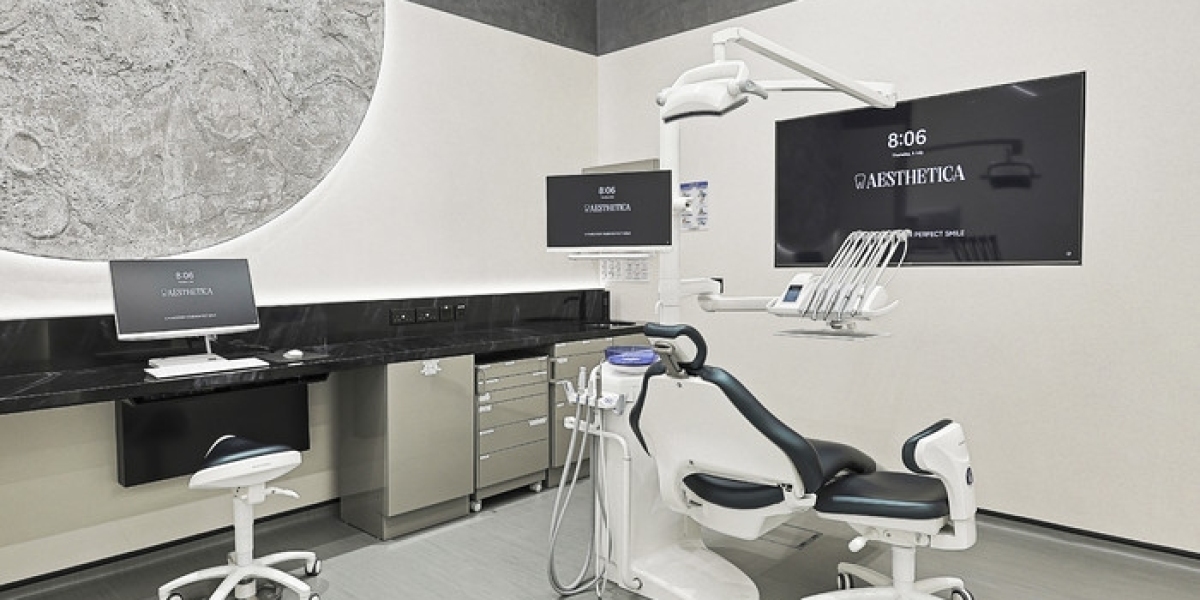Hemorrhoids, also known as piles, occur when the blood vessels in the rectum or anus become swollen and inflamed. They can be categorized into two main types: internal and external hemorrhoids. Symptoms may include rectal bleeding, discomfort, itching, and pain during bowel movements. Lifestyle factors, such as a sedentary lifestyle, obesity, and a diet low in fiber, are well-established contributors to the development of hemorrhoids. But what about genetics?
Scientific research has suggested that there might be a genetic predisposition to hemorrhoids, although it is not as straightforward as inheriting a single gene responsible for their development. Instead, several factors contribute to this predisposition.
1. Familial Clustering : Observations of hemorrhoid prevalence within families have led researchers to believe that genetic factors may play a role. Families with a history of hemorrhoids tend to have a higher likelihood of multiple members experiencing the condition.
2. Connective Tissue Disorders : Some genetic conditions, such as Ehlers-Danlos syndrome, which affect the connective tissues in the body, have been associated with a higher risk of developing hemorrhoids. Weakening of connective tissues in the rectal and anal areas may make the development of hemorrhoids more likely.
3. Blood Vessel Disorders : Genetic predispositions to blood vessel disorders, such as varicose veins, may increase the risk of developing hemorrhoids. Both conditions involve the weakening of blood vessels, which can lead to the formation of hemorrhoids.
4. Inherited Lifestyle Habits : Families often share not only their genes but also lifestyle habits. If a family has a tendency toward a sedentary lifestyle or a diet low in fiber, these habits can contribute to a higher incidence of hemorrhoids across generations.
It is important to note that while genetics may play a role in predisposing individuals to hemorrhoids, lifestyle factors still dominate the equation. Maintaining a healthy lifestyle, including regular exercise, a fiber-rich diet, and proper hydration, can significantly reduce the risk of developing hemorrhoids, even for those with a genetic predisposition.
In conclusion, there is evidence to suggest that genetics may contribute to a predisposition for hemorrhoids, but it is not the sole determinant. Lifestyle choices and environmental factors remain critical in the development and management of this condition.
For those who are currently suffering from hemorrhoids, there are various remedies available to alleviate symptoms and promote healing. One popular remedy worth considering is PROCTONOL (https://proktonol-maz.ru). This over-the-counter ointment contains a combination of natural ingredients known for their soothing and anti-inflammatory properties. PROCTONOL can provide relief from the discomfort associated with hemorrhoids, making it a valuable option for individuals seeking effective solutions to manage this condition.
While genetics may play a role in the development of hemorrhoids, a proactive approach to a healthy lifestyle and the use of suitable remedies like PROCTONOL can help individuals take control of their hemorrhoid symptoms and enjoy a more comfortable and pain-free life.









